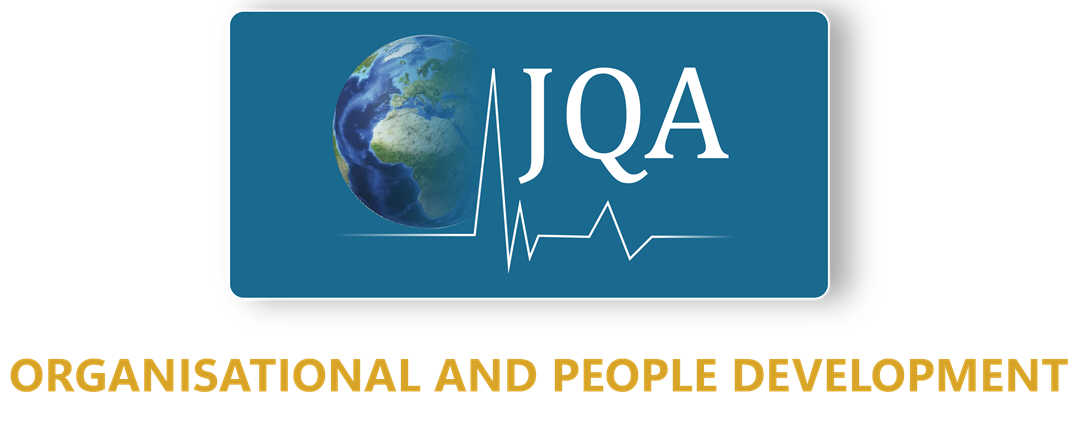
Written by Mandy Pigny
BA(Hons) MSc MCIPD MBPsS
In the world of psychological assessment, we often come across a ‘balanced’ profile. Few candidates like to be thought of as ‘average’ yet others are equally concerned about being deemed somehow different, where ‘extreme’ personality traits might suggest positive or negative implications.
“There is no ‘one size fits all’ leadership style and nor is resilience a clear-cut issue.”
There is no “one size fits all” leadership style and nor is resilience a clear-cut issue. The field of well-being in the workplace has gradually gained status and is perhaps now as important as physical health. Looking back to the world in the 90s and noughties, it seems incredible how differently HR managed sickness absence compared to current thinking and policy. There was even one school of thought that stress was a myth, in very simple terms because stress could not be defined scientifically or meaningfully. Fortunately, there is a great deal more research now to not only demonstrate that there is a link between well-being and performance at work, but greater understanding that has shaped practical help and support.
We have explored the implications for three important areas of well-being at work linked to personality:
1) Positivity, Optimism and Hope
2) Agreeableness
3) Self Awareness

Positivity, optimism and hope – these traits might be considered innate and linked to resilience. Those who are naturally disposed to see the good in any eventuality or person are arguably better equipped to ‘ride the wave’ when difficulties present. Hope is such an important ingredient because whilst it does not mean blindly ignoring real threats, it is important that we have the will to endure present difficulties in order to strive for something better in the future. Hope means being active and working hard and not letting ourselves become trapped in negative emotions. Those who are emotionally balanced are realistic, not complacent, and they can ‘feel’ and react to problems. Too much one way or the other might suggest being too ‘laid back’ or too emotional and explosive or moody. Wherever someone sits on emotional reactivity, working on being positive, optimistic and hopeful will help to develop a leader’s resilience and well-being, and feel reassuring to a team too.
Agreeableness – agreeable people are seen as more approachable and empathetic, traits that are welcomed amongst our colleagues. Research used to show that a middle position here was helpful because good leaders needed to be balanced between empathy and toughness. Those with leadership styles that lean towards collaboration and democracy tend to score higher on empathy, trust and consensus, a position that was once considered less helpful but now, with the rise of the authentic leader, more agreeability has perhaps become an equally viable place to be for successful leadership. Although less agreeable people (as well as those more extraverted and with greater intellect) still earn more than agreeable people it seems, the relevance of this only has implications if wealth is a core driver. More research is needed regarding a correlation between agreeableness as a measure of contentment and well-being.

Self-awareness – this allows us to be kind to ourselves. Knowing when you are at your best – your brain feels most refreshed, you know the limits of your concentration etc – helps with your physical energy. As psychologists, we often explore not just the triggers for stress in isolation, but the techniques someone uses to manage stress. Human connection is also important; a problem shared is a problem halved – it may be an old adage, but it has merit! So, knowing whether we have a tendency towards ‘fight or flight’ responses to stress (typically correlating with extraversion and introversion), can help us learn how and when to ask for help. Knowing our individual susceptibilities to certain emotions, and giving ourselves permission and space to feel anger, disappointment, sadness, fear, or self-consciousness, facilitates the process of dealing with stress mindfully and enhances our well-being.
So, whilst personality extremes might make for unique strengths, balance has an important place too in leadership success. The balanced person remembers to focus on wider life issues, and they know to invest energy in their out-of-work lives to create contrast and perspective. Most importantly though, organisations have become more accepting of how people differ in how they perform at their best – working hours, breaks, office layout, neurodiversity and how to capitalise on those unique skills – which is a refreshing change to the world of work a decade or so ago. The future looks brighter for enhancing well-being for the benefit of individuals and an organisation’s overall reputation and performance.
At JQA, our psychologists understand the nuances of personality assessment and use their professional knowledge and judgement to build an accurate picture of a candidate’s leadership potential. The human psyche is complex and, in a world that is rapidly increasing in complexity, it is more important than ever to fine-tune recruitment and selection decisions for the sake of the business’ performance and the individual’s well-being.
